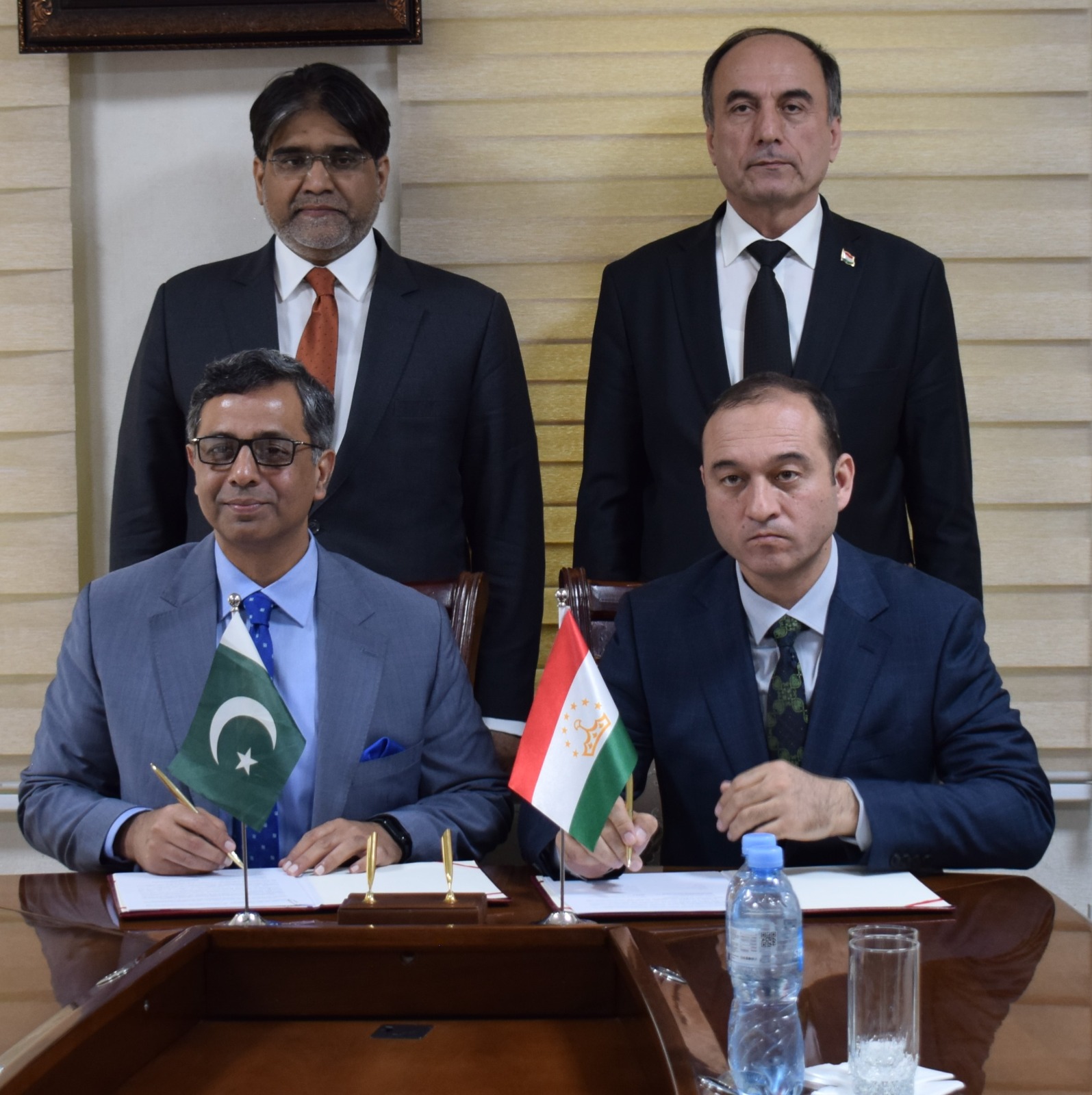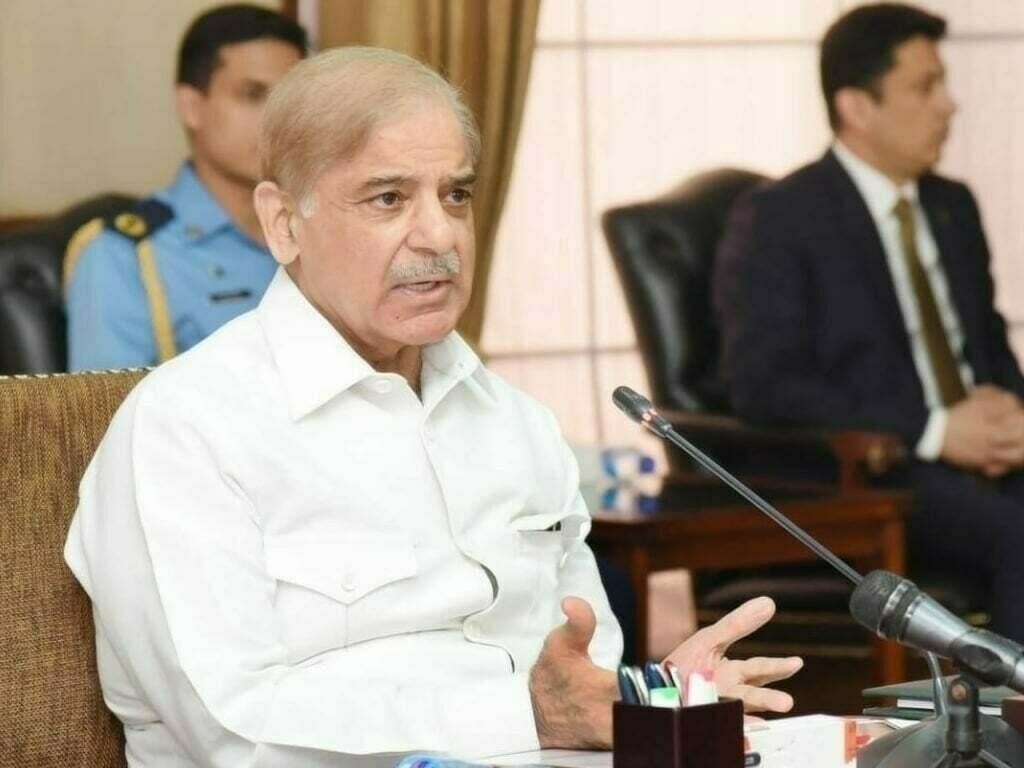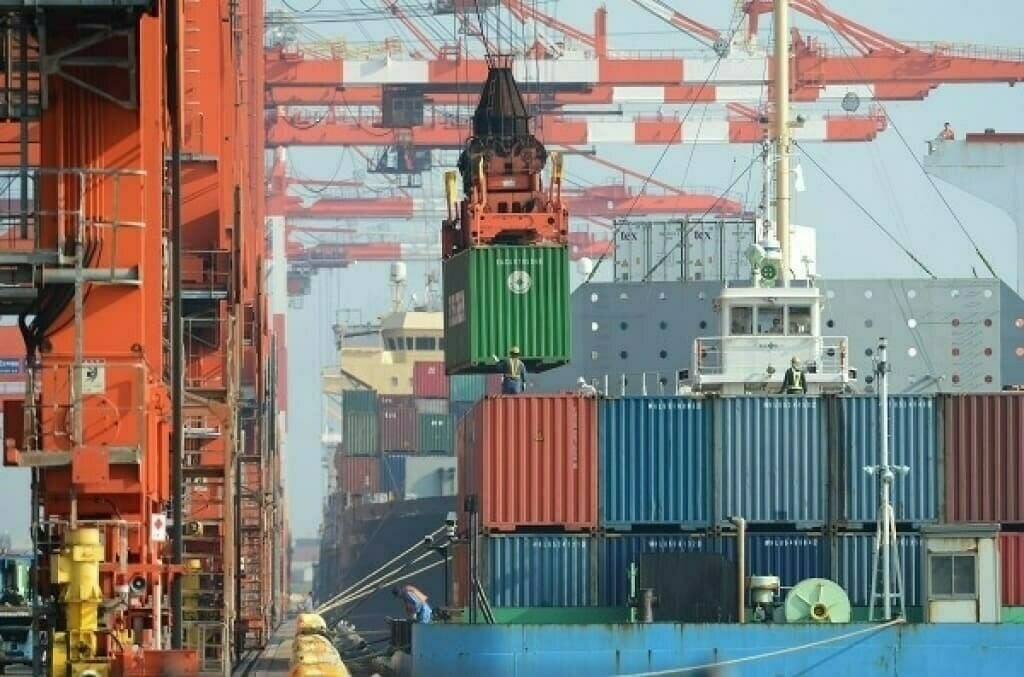By: Azhar Jatoi
Pakistan and Tajikistan hold pivotal positions in a region characterized by geopolitical sensitivity and abundant mineral resources. Their close proximity to neighboring countries is not merely coincidental but rather a gift of nature that underscores the interconnectedness of their destinies. With advancements in science and technology, the relationship between Pakistan and Tajikistan has the potential to transcend conventional boundaries and pave the way for unprecedented cooperation. This partnership, rooted in mutual respect and shared interests, has the power to serve as a beacon for developing nations striving to attain ideal development and prosperity. As these two nations forge ahead, leveraging their strengths and embracing innovation, they chart a course towards a future defined by shared growth and collective success.
Merely 16 kilometers apart, Pakistan and Tajikistan share a geographical closeness that underscores their intertwined destinies. However, the rugged terrain of the Wakhan Corridor in northeastern Afghanistan serves as a natural barrier, extending into China and effectively delineating the border between Tajikistan and Pakistan. Despite this geographical separation, the bond between the two nations transcends physical boundaries, reflecting a shared history, culture, and vision for regional prosperity. As they navigate the complexities of their geographic landscape, Pakistan and Tajikistan continue to strengthen their ties, forging a path towards deeper cooperation and mutual advancement.
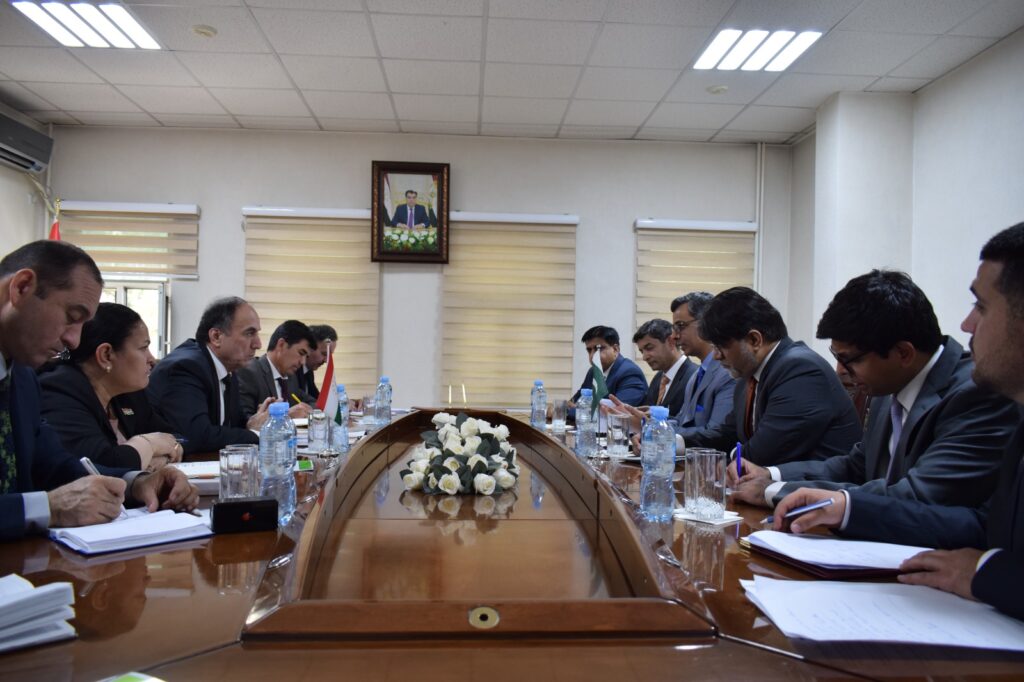
Following the Tajik Republic’s independence following the collapse of the Soviet Union, formal relations between Pakistan and Tajikistan were established. Since then, trade and cooperation between the two nations have experienced steady growth, laying the groundwork for a robust partnership.
In the realm of international affairs, Tajikistan has consistently aligned itself with Pakistan, offering unwavering support on key issues and bilateral relations. This shared commitment to mutual interests forms the cornerstone of the enduring bond between the two countries, spanning historical, political, commercial, and cultural domains.
Tajikistan’s recognition of the importance of strong alliances in the ever-evolving political landscape of Central Asia has further cemented its ties with Pakistan. As stalwart allies, both nations have collaborated closely on efforts aimed at fostering peace and stability in the region, reflecting a shared commitment to regional security and prosperity.
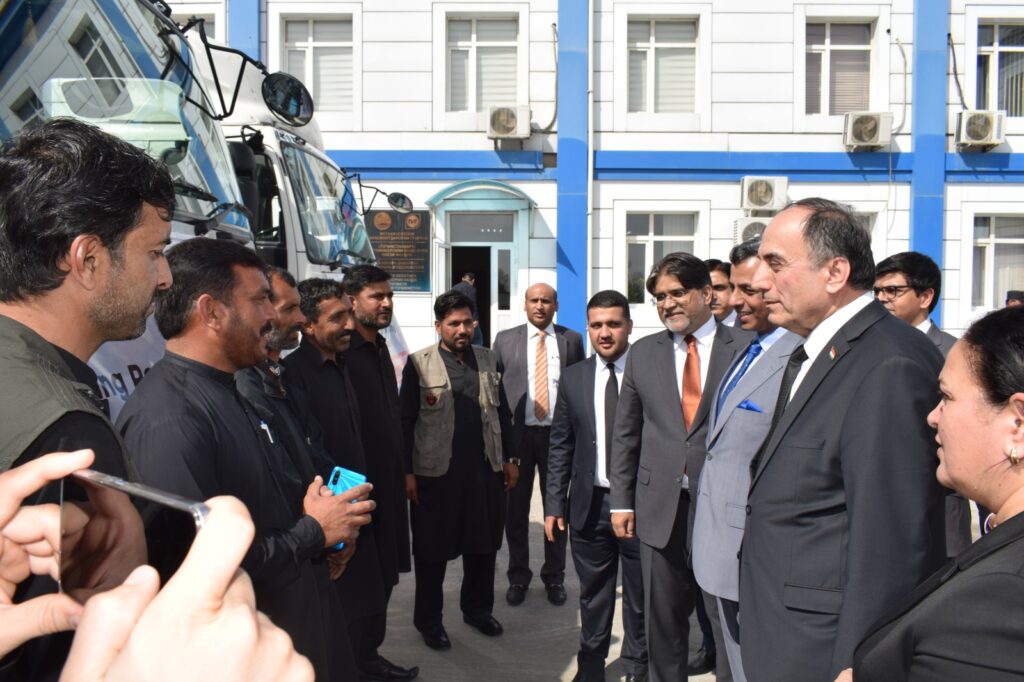
The foundation of mutual respect between Pakistan and Tajikistan, rooted in shared interests in regional peace and development, has been instrumental in shaping their relationship. Beyond this, both nations have articulated a shared vision across various sectors including industry, energy resources, trade, education, defense, and international affairs. This vision reflects a deep-seated commitment to leveraging their respective strengths and resources for the collective advancement of their societies and the broader region. As they continue to align their goals and strategies, Pakistan and Tajikistan stand poised to realize their shared vision for a prosperous and secure future.
An extensive network of roads and rail tracks is currently under construction, connecting China, Pakistan, and Tajikistan. This infrastructure initiative holds immense potential to catalyze the development of not just these three nations, but the entire region. As these transportation arteries crisscross the landscape, they promise to facilitate trade, enhance connectivity, and foster economic growth. Furthermore, the integration of these key players in Central and South Asia through robust transportation links signifies a strategic alignment aimed at harnessing synergies and maximizing mutual benefits. With this infrastructure backbone in place, the stage is set for enhanced cooperation, increased people-to-people exchanges, and a more interconnected and prosperous future for all stakeholders involved.
In the strategic framework of Pakistan’s policy, Tajikistan holds a position of paramount importance, embodying the concept of strategic depth. This policy, viewed as a win-win strategy, is poised to yield mutual benefits for both nations. Through this approach, Pakistan distinguishes itself economically, politically, and defensively from other regional players, underscoring the significance of bolstering ties with Tajikistan.
Pakistan’s aspirations for collaboration extend beyond bilateral relations, encompassing a broader vision of cooperation among Islamic nations to foster global peace. Against the backdrop of Pakistan’s energy crisis and the natural resource wealth of Central Asian countries, including Tajikistan, a robust partnership assumes heightened significance. Indeed, the synergy between these nations offers a promising avenue to address Pakistan’s energy challenges and unlock the untapped potential of regional cooperation in addressing common concerns. As Pakistan and Tajikistan forge closer bonds, their collective endeavors have the potential to transcend boundaries, contributing to regional stability and global harmony.
Through enhanced land connectivity initiatives and other collaborative projects, Pakistan and Tajikistan stand poised to mutually benefit across various domains. It is pertinent to recognize that the spirit of cooperation extends beyond bilateral engagements, with an open invitation for other nations in the region, including China, to participate in these endeavors. This inclusive approach underscores the shared commitment to regional development and prosperity, fostering an environment where collective progress takes precedence over individual interests. As these projects unfold, they serve as catalysts for broader collaboration, setting the stage for a more interconnected and resilient regional framework where opportunities abound for all stakeholders involved.
Pakistan’s struggle with an energy crisis persists despite its abundant hydropower potential. However, Tajikistan’s vast mountain ranges and substantial hydropower reserves position it as the world’s third-largest producer of hydropower. Given these circumstances, collaboration in the energy sector emerges as a strategic imperative for both nations.
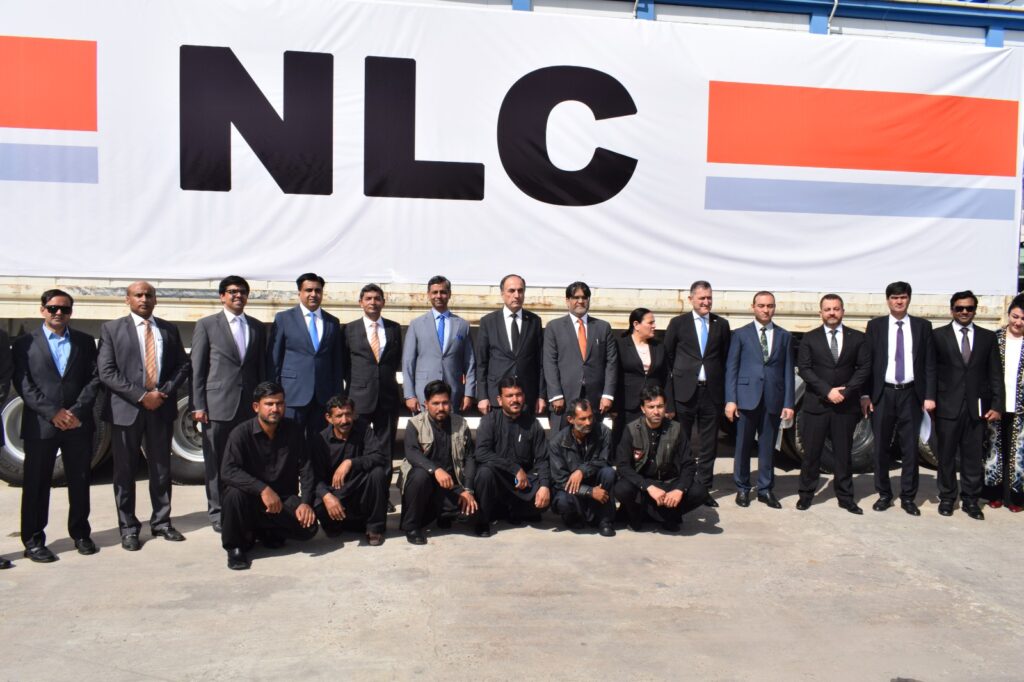
In response to this need, the CASA-1000 electricity transmission and trade project have been initiated between Pakistan and Tajikistan. This ambitious endeavor aims to address Pakistan’s energy shortfall by facilitating the transmission of approximately 1300 megawatts of electricity. Beyond mere infrastructure development, the project symbolizes a broader commitment to mutual support, with both countries pledging technical and economic assistance to bolster each other’s capabilities in the energy sector.
The CASA-1000 project holds the promise of unlocking numerous opportunities for the people of both nations. From job creation to skill development, the project’s implementation presents avenues for socioeconomic growth and empowerment that must be fully harnessed. As Pakistan and Tajikistan navigate their energy challenges together, the CASA-1000 project serves as a testament to the transformative power of collaboration in addressing shared concerns and realizing shared aspirations.
Amidst diplomatic efforts and bilateral engagements, the relationship between Pakistan and Tajikistan has witnessed significant milestones. Tajikistan’s initiative to designate 2025 as the “Year of the Glacier” received wholehearted support from Pakistan, underscoring their joint commitment to environmental conservation. This resolution, endorsed at the United Nations, symbolizes their shared vision for sustainable development and underscores the depth of their partnership.
Simultaneously, the Acting Ambassador of Tajikistan to Pakistan, Mr. Saeed Jan, has emerged as a key figure in strengthening bilateral ties. His diplomatic endeavors, complemented by the concerted efforts of Pakistani leaders across party lines, reflect a unified commitment to enhancing mutual cooperation. These diplomatic efforts, facilitated by the Tajik embassy in Islamabad and the Pakistani embassy in Dushanbe, have yielded tangible outcomes in trade relations.
The recent achievement of the National Logistics Corporation (NLC) in transporting Pakistani potato exports to Tajikistan exemplifies the growing economic collaboration between the two nations. The successful journey of the NLC convoy, covering over 1,400 kilometers to reach Dushanbe, signifies a milestone in regional trade integration. Through the concerted efforts of various ministries and departments on both sides, this achievement underscores the potential for expanded trade and economic cooperation between Pakistan and Tajikistan.
In a remarkable feat of efficiency, the trucks operated by the National Logistics Cell traversed from Okara and Rahim Yar Khan in Pakistan to Dushanbe, Tajikistan, completing the journey in a mere seven days. The expeditious transportation underscored the logistical prowess and commitment of the National Logistics Corporation (NLC) in facilitating regional trade.
To commemorate this milestone, a special inauguration ceremony was held at Dushanbe Customs Terminal One upon the arrival of the inaugural convoy under the International Road Transport initiative. The event attracted distinguished dignitaries from both nations, including Tajik Minister of Transport Azim Ibrahim, Director General of NLC Farrukh Shehzad Rao, Pakistani Ambassador Muhammad Saeed Sarwar, as well as officials from the Customs Department and prominent Tajik businessmen.
The presence of such notable figures highlights the significance of this achievement in fostering closer economic ties between Pakistan and Tajikistan. As the convoy’s successful arrival marks a new chapter in regional trade integration, the ceremony serves as a testament to the collaborative efforts and mutual commitment towards enhancing bilateral relations and economic cooperation.

In his address at the ceremony, the Tajikistan’s Minister of Transport commended the official commencement of ground transportation services by Pakistan’s leading logistics organization. Describing it as a significant milestone, he underscored its importance in bolstering bilateral trade relations between the two countries.
Expressing confidence in Pakistan’s pivotal role as a key trade partner in the region, the Tajik minister reiterated his country’s unwavering support for facilitating the seamless movement of Pakistani trucks into Tajikistan.
Furthermore, the Director General of the National Logistics Corporation (NLC) emphasized the critical role of Tajikistan in facilitating trade operations conducted by the NLC. He extended gratitude to the Tajik Government for its support in ensuring the smooth passage of the NLC convoy.
Highlighting the benefits of trade through the NLC under the TIR (International Road Transport) system, he stressed its potential in enabling timely and efficient import and export processes for both nations.
Major General Farrukh Shahzad Rao further underscored the broader significance of the NLC’s operations, emphasizing its role in establishing regional linkages across ten countries. As the NLC continues to expand its footprint, it serves as a catalyst for promoting mutual trade and fostering greater economic integration within the region.

